How to Support Someone with Complex PTSD

In this article
Flashbacks, nightmares, fear of abandonment, distrust, hypervigilance, dissociation, unpredictable and upsetting emotions, panic. It’s awful to see someone you love suffer from complex PTSD that occurs due to prolonged exposure to trauma.
It affects you too. You may feel like you’re walking on eggshells and be struggling to understand their behavior and how to best support them. In this article, we’ll talk about the steps you can take to help your loved one move on with their life.
Remember that you’ll be better equipped to help your partner, friend, or family member if you educate yourself about complex PTSD. Knowing about the symptoms, effects, and online therapy treatment options will allow you to better understand what they’re going through and keep things in perspective.
What is complex PTSD?
Most people know the term PTSD, or post-traumatic stress disorder, that can be caused by a traumatic event, such as a natural disaster, car accident, near-death experience, or other isolated acts of abuse or violence.
But complex PTSD (sometimes abbreviated to c-PTSD) is a fairly new term. It was introduced in 1992 by Judith Herman, MD, in her book, where she summarized her clinical research with (female) victims of domestic and sexualized violence, including child sexual abuse.
This condition isn’t currently recognized as a separate diagnosis in The Diagnostic and Statistical Manual of Mental Disorders, 5th edition (DSM-5). But the 11th edition of the World Health Organization’s International Classification of Diseases (ICD-11) identifies complex PTSD as a separate condition, and some mental health professionals are diagnosing it.
The ICD-11 describes complex PTSD as an enhanced version of PTSD with the same clinical aspects and 3 additional sets of symptoms – emotional dysregulation, negative self-concept, and disturbances relationships.
Complex PTSD is believed to be caused by extreme abuse, neglect, violence, or other traumatic events that occur over an extended period of time – for months or even years. Unlike PTSD, which can develop at any age, c-PTSD is more often the result of a childhood trauma.
What are the symptoms of complex PTSD?
The symptoms of complex PTSD can be similar to those of PTSD, but they are more enduring and extreme.
Common symptoms of PTSD and complex PTSD include:
- Reliving the traumatic experience that includes flashbacks, nightmares, and repetitive and distressing images or sensations
- Avoiding certain situations that remind a person of the trauma
- Hyperarousal, which means constantly being on-alert or jittery
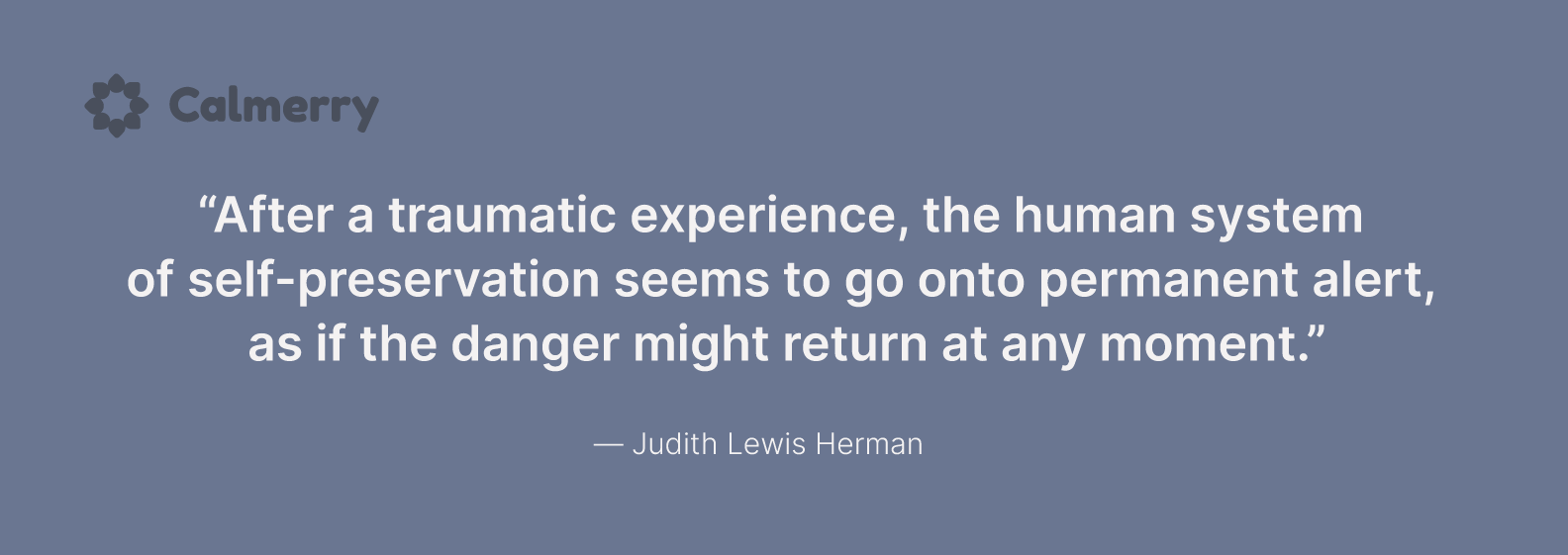
People with complex PTSD may also experience:
- Difficulty controlling emotions that can manifest as persistent sadness, depression, explosive anger, disproportional fear, and suicidal thoughts
- Negative self-perception – a person may feel helpless, guilty, or ashamed, react to trauma with a sense of self-blame, and have low self-esteem
- Relationship difficulties – a victim may avoid relationships altogether or enter into toxic romantic relationships and friendships
- Distorted perception of an abuser – a person may fixate on the abuser and the relationship with them or getting revenge for the abuse
- Detachment and dissociation – it’s common for victims of childhood abuse to repress memories of the past trauma
- Physical symptoms, such as chronic pain, headaches, dizziness, cardiovascular and gastrointestinal issues
- Behavioral issues – people with complex PTSD sometimes cope through unhealthy behaviors like disordered eating, substance abuse, self-harm, and sexual promiscuity.
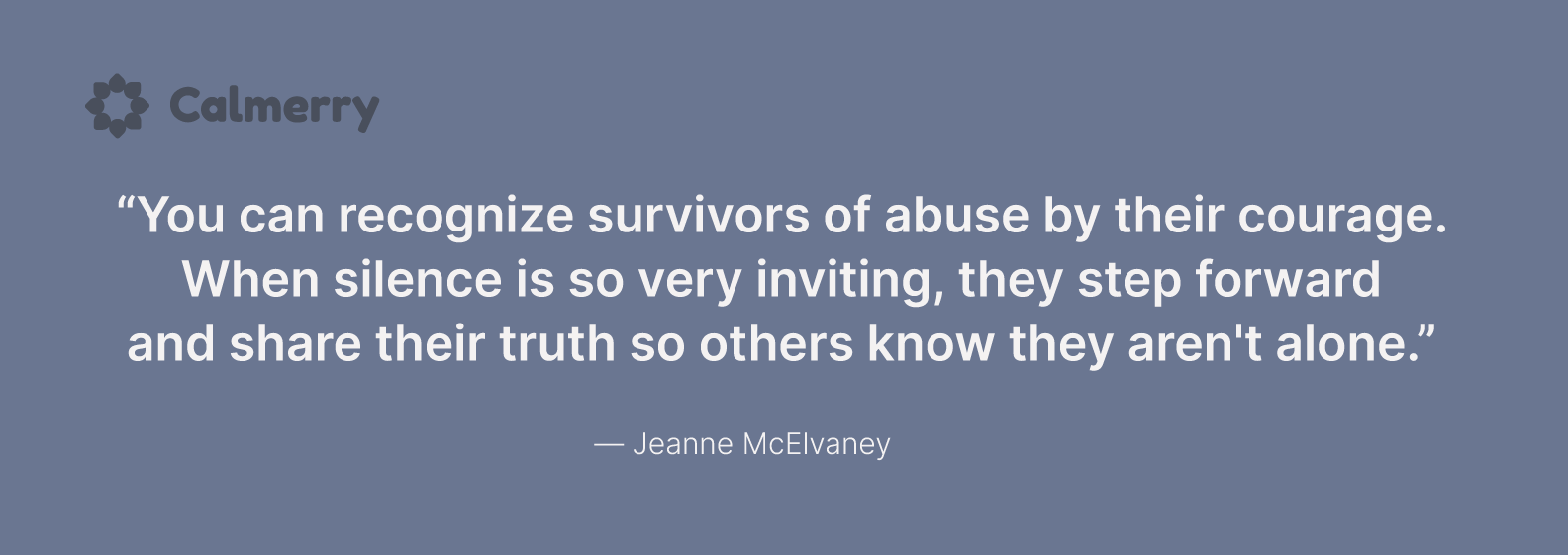
What causes complex PTSD?
Complex PTSD is caused by a persistent, elevated stress experience. Long-term traumatic events that lead to complex PTSD include:
- Childhood abuse, abandonment, or neglect
- Ongoing domestic violence or abuse
- Repeatedly witnessing violence or abuse
- Being a prisoner of war
- Living in an area of war for long periods of time
- Torture, kidnapping, or slavery
- Being forced or manipulated into prostitution
Such frightening and distressing events in which the perpetrator of the abuse controls the victim lead to traumatic stress that can have a number of effects on the brain. Research showed that trauma is associated with lasting changes in key areas of the brain, including the hippocampus, amygdala, and prefrontal cortex. These areas are responsible for memory and emotions and play an important role in how we respond to stressful situations.
How is complex PTSD treated?
Treatment of complex PTSD can include many of the same strategies that are used for treating PTSD. A doctor may prescribe antidepressants to reduce symptoms of complex PTSD, such as anxiety or depression. But medications tend to work best when combined with trauma-focused psychological treatments.
Psychotherapy is critical for processing past trauma and learning to cope more adaptively. Therapies that look more promising for treating the symptoms of c-PTSD include:
- Cognitive behavioral therapy (CBT) focuses on identifying traumatic memories and negative thought patterns and replacing them with more positive ones
- Dialectical behavior therapy (DBT) helps people better respond to stress and deal with self-harm urges and suicidal thoughts and behaviors
- Eye movement desensitization and reprocessing (EMDR) helps reduce the negative feelings associated with the traumatic memory

5 ways to support someone with complex PTSD
Recovering from complex post-traumatic stress disorder takes time, and some people may face life-long challenges. That’s why support from family and friends is very important for them.
If you aren’t sure how to support a loved one with complex PTSD, here are some suggestions on how to help them reshape their relationship to the trauma and the triggers for a healthier, more fulfilling life.
Listen to them
Don’t push them to talk, but be a good listener if they choose to share. Give them time to talk at their own pace, and make it clear that you’re interested and that you care. Don’t say something like “it could have been worse” dismissing their experiences. Just let them vent without interrupting with advice on how to “fix” things.
Don’t judge
Your loved one might tell you some things that would be very hard to listen to, but you should respect their feelings and reactions. Even if you dislike what you hear, don’t be judgmental because then they’re unlikely to open up to you again.
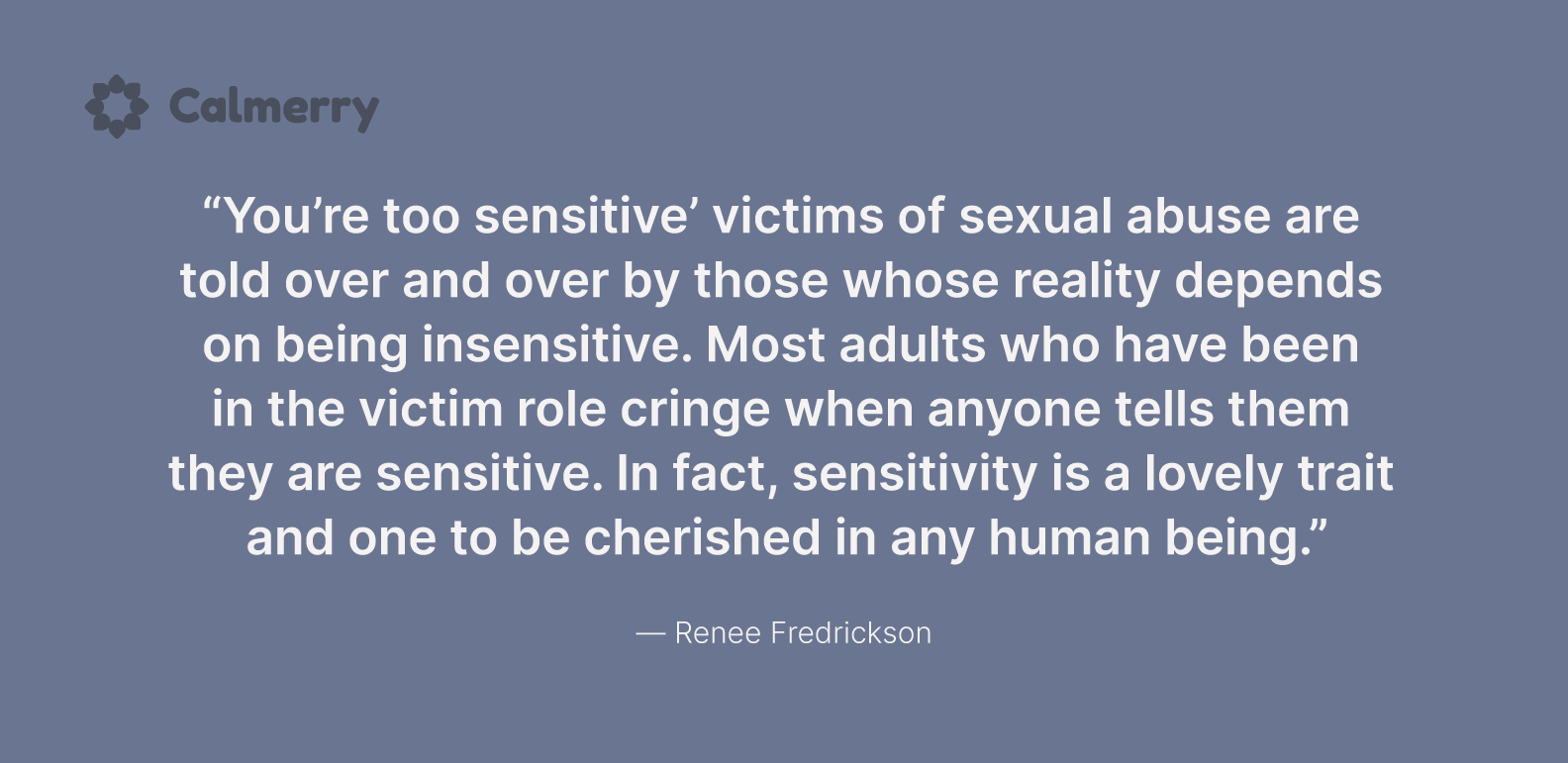
It’s understandable that you wish things could get back to normal, but it’s important not to blame them when they can’t “move on”. Don’t try to put pressure on them to get better without the time they need.
Discuss the triggers
A trigger is anything that reminds your loved one of the trauma and sets of such symptoms as flashbacks. As each person has a different experience of PTSD, it might help to talk about what sorts of situations, places, sensations, conversations, or other things might trigger flashbacks, nightmares, or difficult feelings. Understanding triggers could help you avoid such situations and be better prepared to help your loved one calm down when they have a flashback or a panic attack.
Respect their personal space and minimize stress
Trauma survivors live in a constant state of physical and emotional stress, so they may often feel jumpy or on edge. They may feel that they need to constantly watch out for danger, which makes them feel constantly exhausted, and they may over-react to everyday stressors.
That’s why you should try to make sure that your loved one has space at home and time for rest and relaxation. It can also help if you avoid crowding or grabbing them because it can make them feel threatened. Don’t touch or hug them without permission and avoid doing things that may startle or surprise them.
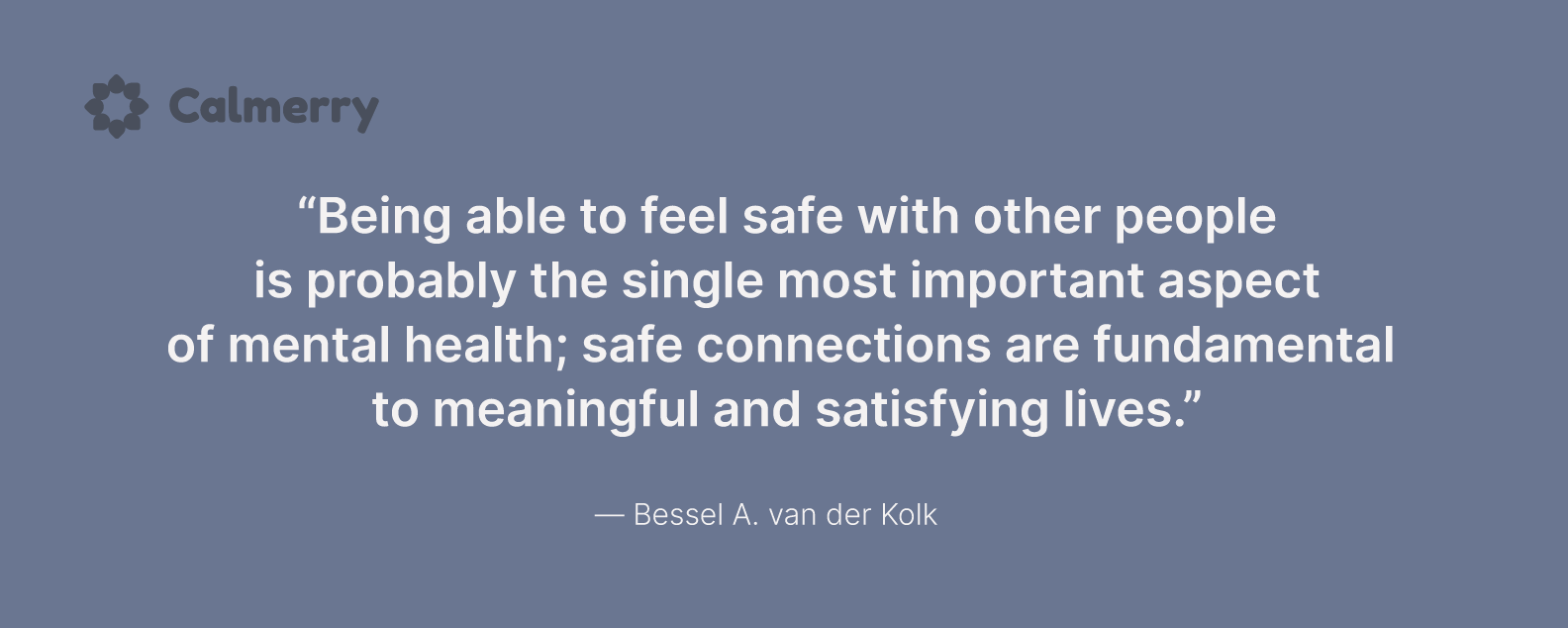
Give them permission to be imperfect
Many survivors of complex trauma struggle with perfectionism, which often hides persistent feelings of chronic shame. They use it as a coping mechanism, desperately trying to better themselves to “earn” the love or attachment that they lacked.
It doesn’t help, but they may continue to “correct” their supposed shortcomings in the hope that they would someday be good enough for the people in their life. Support your loved one but let them be human. Tell them that no one is perfect, and it’s okay to make mistakes, and that you’ll be there for them no matter what.
Final thought
Living with c-PTSD can change how people feel about themselves, those around them, and life in general. If someone you care about is a trauma survivor who is struggling to cope, it’s important to seek help from a mental health professional who has training in treating trauma.
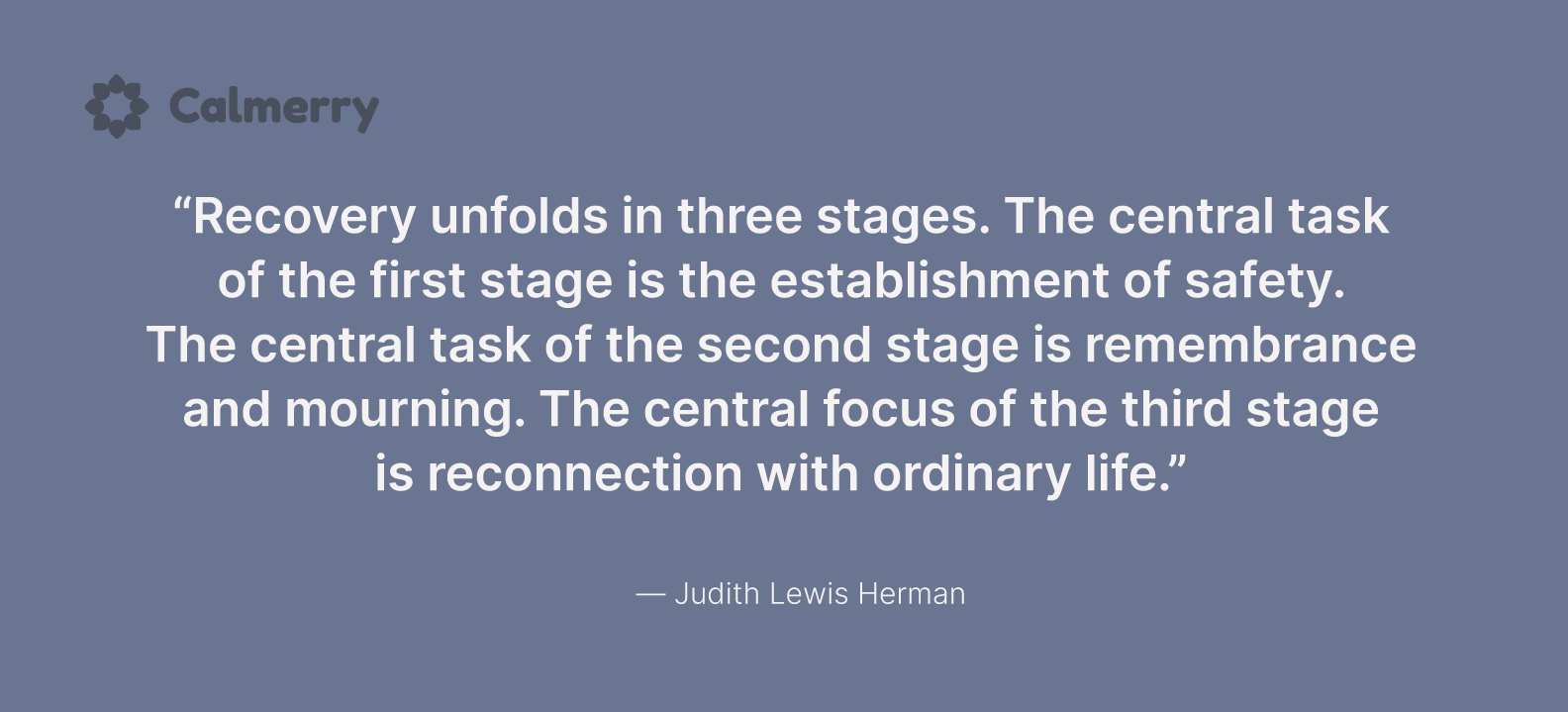
So encourage them to find the right therapist to receive competent care. Emphasize that the only surefire way to improve c-PTSD and prolong life is to manage the symptoms during therapy with the help of a trained professional like ours at Calmerry. Although therapy isn’t a quick or magic cure, it’s worth it. Working with a therapist to gain grounding and regulation skills can allow your loved one to learn to process any traumas that are causing consistent distress in their life.
It can also help to talk about feelings that occur with c-PTSD in a safe space with other people who’ve gone through similar traumatic experiences. So encourage your loved one to join an in-person or internet-based support group. That may help them feel less damaged and alone.
Overcoming complex PTSD can be a long and difficult road. But with the right support from you and other family and friends, your loved one can finally move on from the traumatic event and return to normal life.
online therapy
live video session



